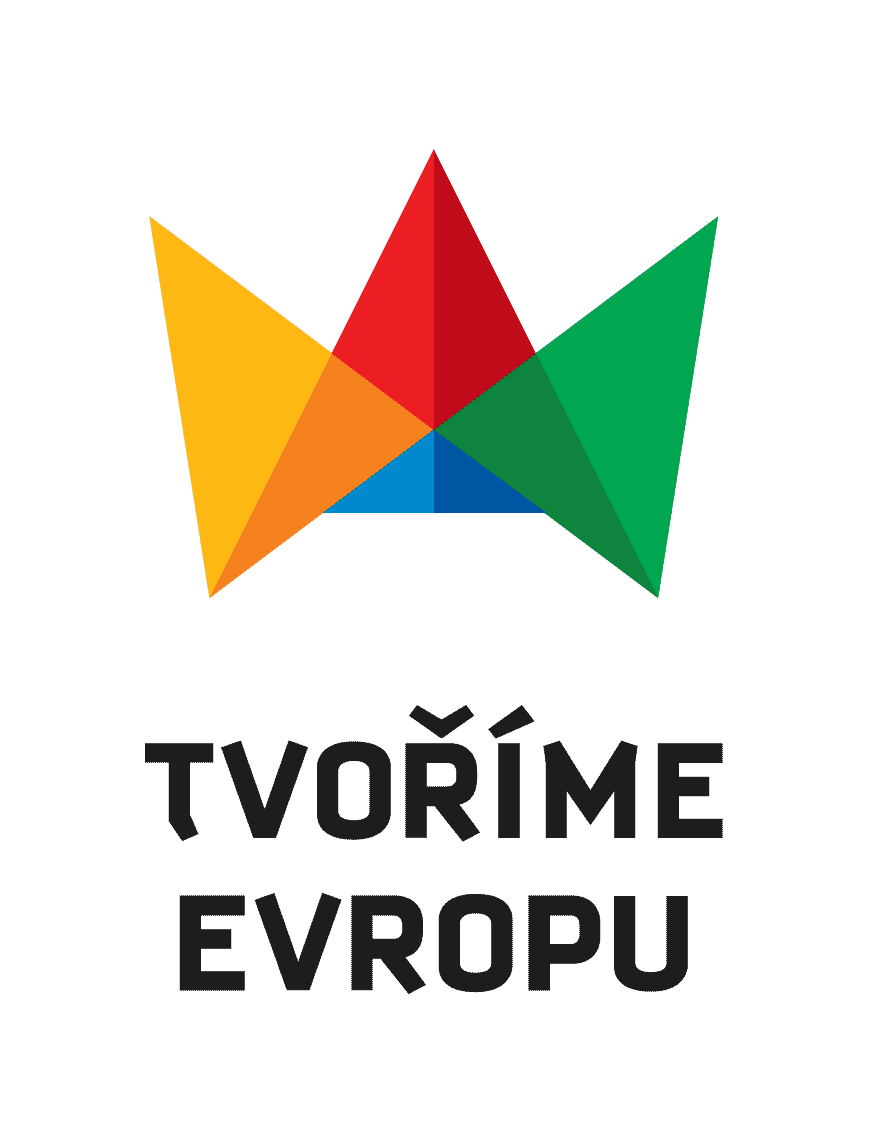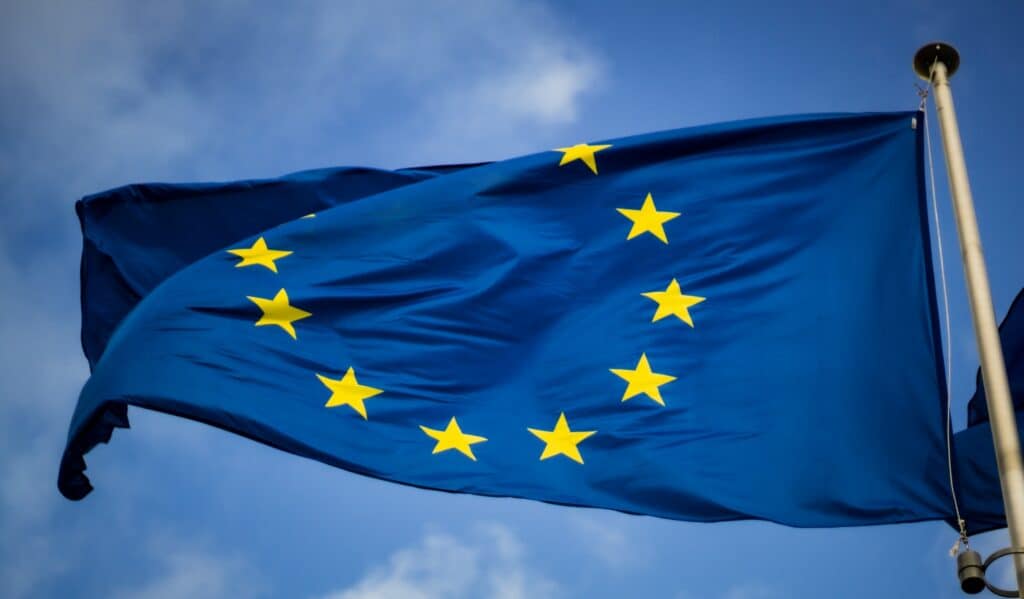19.10.2020
Office of the Government
Entrepreneurs would not have to record sales through electronic sales records until the end of 2022. As one of the measures to support the economy, this was proposed by the government of Andrej Babiš at an extraordinary meeting on Friday, 16 October. It also approved a bill on a compensation bonus for entrepreneurs affected by the current crisis measures and decided to call up soldiers for the needs of the newly established reserve hospital in Prague-Letňany.
This will be a backup medical facility with 500 beds built in the exhibition grounds in Letňany, Prague. Its establishment with the help of Czech Army soldiers was approved by the government of Andrej Babiš. Hospital beds will be provided by the Administration of State Material Reserves; the army will assist with its construction, equipping and staffing. The hospital will be activated as needed and will treat mild cases, but will also have available ten beds with ventilators.
The government at the same time instructed the Administration of State Material Reserves to create an adequate emergency supply of hospital beds for intensive and routine care and of pulmonary ventilators. The state reserves should have 1,500 beds for standard care, 500 beds suitable for intensive care and 500 pulmonary ventilators for artificial lung ventilation. The government has released more than 400 million crowns from the government budget reserve for the purchase of this medical equipment.
The Cabinet also addressed several legislative proposals that it wants to put forward in Parliament as soon as possible to help those affected by the impact of the new government regulations. A Bill on a compensation bonus in connection with the ban or restriction of business activities in connection with the occurrence of coronavirus SARS CoV‑2 envisages the resumption of the payment of the compensation bonus for self-employed persons, for partners in selected limited liability companies and for those working on the basis of an agreement on the performance of work or an agreement on work activity. This time, support will not be available across-the-board, small businesses from the most affected trades will be able to receive 500 crowns per calendar day from 5 October to 4 November 2020. More in this press release of Ministry of Finance (in Czech language).
The government will also submit to Parliament a draft amendment to the Act on certain adjustments in the area of sales records in connection with the declaration of the state of emergency, which seeks to extend the cancellation of the obligation for entrepreneurs to record sales under the Act on the Registration of Sales, from 31 December 2020 until 31 December 2022. The abolition would apply to all waves of electronic sales records; as at present entrepreneurs would remain obliged to handle authentication data, the sales registration certificate and the receipt block in such a way as to prevent their misuse, for another three months within the scope of their registration obligation and obligation to post information notices. The amendment to the Act needs to be approved before the end of this year, which is why the government wishes to use its emergency legislative powers. More in this press release from the Ministry of Finance (in Czech language).
The government has also approved other support subsidy programmes for Czech entrepreneurs and companies. As in the spring, the self-employed will be able to apply for a subsidy if – due to school closures or the quarantine – they have lost earnings through having to take care of children or of someone who is dependent on the help of another due to a long-term unfavourable health condition, at least at level I and whom the measures have prevented from using any social services. Support from the Care Allowance II for the self-employed programme is also intended for self-employed persons who care for a dependent child up to the age of 26 who is dependent on the help of another person at least at level I (mild dependence). This will be CZK 400 per day, and the Ministry of Industry and Trade will allocate CZK 200 million from its budget to this programme. More information in the Ministry of Industry and Trade press release (in Czech language).
Ministers also approved the plan for a subsidy programme for the food industry. The Agrocovid Foodstuffs programme will focus on supporting food producers whose output goes to public catering, which has been heavily restricted by the government’s crisis measures. The Ministry of Agriculture estimates that this support will cover approximately 8,500 to 10,000 entities, and wants to set aside three billion crowns for the programme. The specific rules for the provision of subsidies from this programme have still to be approved by the government. More in this Ministry of Agriculture press release (in Czech language).
The Covid III Guarantee Programme will also continue. Following the European Commission’s decision to extend the Temporary Framework for State Aid measures to support the economy during the current spread of the Covid-19 coronavirus infection, the government has decided to extend the national guarantee programme by twelve months, until 31 December 2021. In addition to requesting operating credit, entrepreneurs will now also be able to apply to the Czech-Moravian Guarantee and Development Bank for a guarantee on investment loans. The period until which performance under the state guarantee can be claimed is also extended to 30 April 2026, instead of the original 30 June 2024. Further information is contained in this press release from the Ministry of Finance (in Czech language).
The government also addressed several new crisis measures. It has decided to temporarily cancel periodic medical examinations and replace the initial medical examination of new employees with an affidavit, to extend the validity of medical assessments and to ban visits to the accused in remand prisons, to serving prisoners and to inmates in pre-trial detention. The ban will come into effect on 23 October. All inpatient hospital facilities will once more be able to make use of the work obligation on students. At the suggestion of the Minister of Health, the government has revised the original crisis measure abolishing the list of selected health care providers.
A further crisis measure is intended to allow foreign workers to participate on a flexible basis in coronavirus crisis relief. During the state of emergency foreigners with an employee or blue card will no longer have to meet the conditions stipulated by law for a change of employment, such as a six-month period of previous employment in the Czech Republic. It will also be sufficient to notify any change of employer to the Ministry of the Interior, no later than on the first day of the new employment.
Autor: Office of the Government

